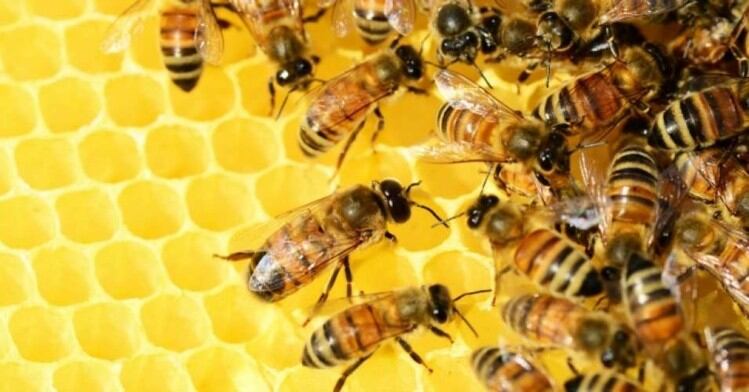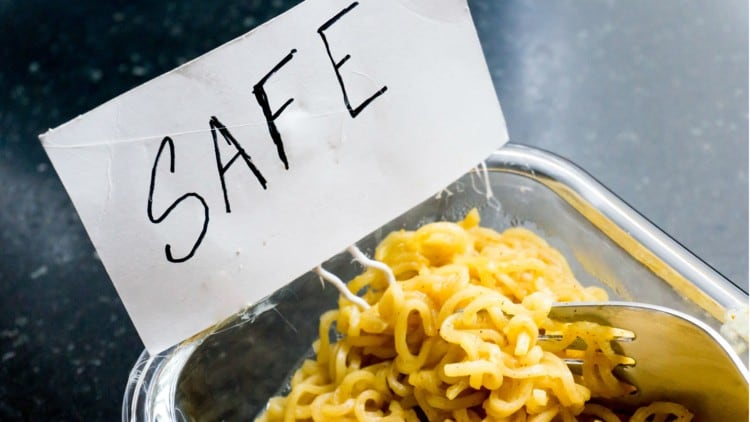According to FSSAI: “Any person, including a third party, who advertises or is a party to the publication of any misleading advertisement not complying with these regulations would be penalised with a fine extending up to INR1mn (US$14,100).”
In a separate statement issued by the Ministry of Health and Family Welfare (MoHFW) India in Sunday Guardian Live, these ‘third parties’ will include celebrities and other endorsers.
“[All] stakeholders, including manufacturers, the celebrities and the channel endorsing a product that puts out a false or misleading advertisement about the food product’s quality, nature or the substance, would be liable for prosecution,” said MoHFW.
“Not only this, if the endorser of the food product gives to the public any guarantee of the product’s efficacy that is not based on an adequate or scientific justification, the endorser would also be prosecuted under the new law.”
All food manufacturers in the country have been given until July this year to comply, after which the regulations will come into force.
Indian Minister of Information and Broadcasting Rajyavardhan Rathore told the Lok Sabha (India’s lower House of Parliament) that these regulations ‘clearly specify’ that any person related to the product claims and advertisements, including celebrity endorsements, are party to penalisation.
He added that these regulations aimed to make food companies accountable so as to protect consumers.
Regulations to restrict ‘frivolous’ phrase usage
The regulations that all these fall under are the Food Safety and Standards (Advertising and Claims) Regulations, 2018 which was recently finalised by FSSAI, after the original draft notification caused a stir in the industry last November.
The final version of these regulations includes the original draft’s restriction on ‘frivolous’ words/phrases on food labels such as natural, fresh, original, traditional, authentic, genuine, real and so unless under special conditions.
“Such restrictions are primarily aimed at restricting an open-ended use of these words/phrases by food businesses on frivolous grounds,” said FSSAI.
A major update to note in the final version though is when these terms are found in trade marks or brand names.
“[For any] trade mark, brand name or fancy name containing adjectives such as [the aforementioned terms] in the labelling, presentation or advertising of a food [such] that it is likely to mislead consumer as to [its nature], a disclaimer not less than 3mm [in] size shall be [placed] appropriately on the label,” added FSSAI.
Specifically, the disclaimer is to state that: “This is only a brand name or trade mark and does not represent its true nature”.
Advertisements in respect of a food product that undermines the importance of healthy lifestyles or portrays the food product as a complete replacement of normal meal are not permitted. Further, food businesses are also prohibited to advertise or make claim undermining the products of other manufacturer so as to promote their own food products or influence consumer behaviour.





